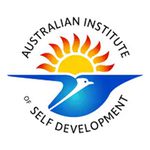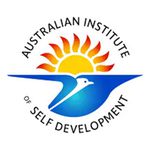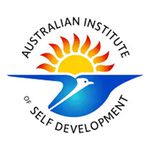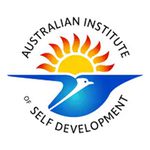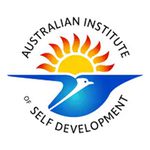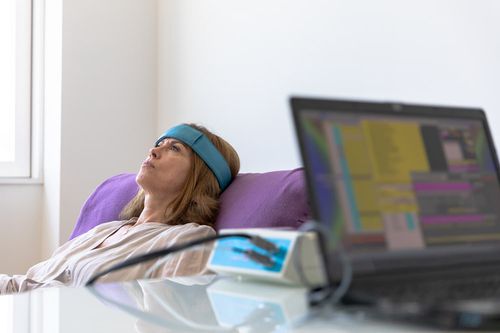What is Biofeedback?
Biofeedback is a type of complementary medicine that improves a person's health by measuring their bodily processes. It involves the use of various noninvasive equipment to measure blood pressure, heart rate, muscle activity, breathing, brainwaves and skin temperature to help an individual learn to change their bodily functions in order to feel and live better.
Different types of mind-body biofeedback techniques are used depending on what needs to be addressed in the body; these include neurofeedback for brain activity, electromyography for muscle activity, photoplethysmography for heart rate and thermal activity for skin temperature, among others.
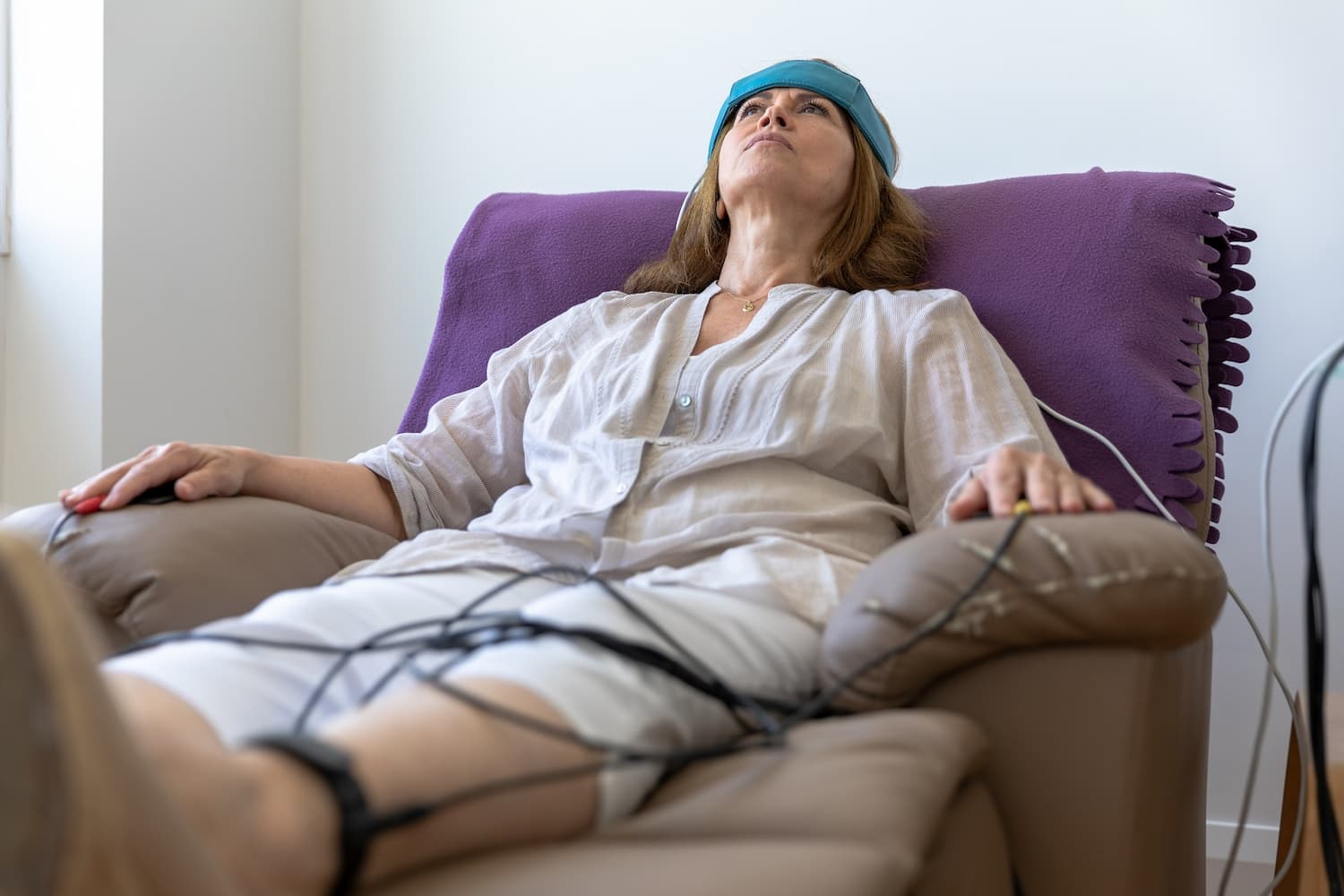
Why Study Biofeedback?
Biofeedback is a unique type of healing modality as it allows people to take control of their physiology. Studying its principles and all of the techniques involved in it will take your natural health business onto the next level as more people will want to see you and learn how to manage stress and function better.
As a qualified biofeedback practitioner, you will be able to help your clients change their bodily functions, improve their response to various conditions and boost the health of their central nervous system.
What Does It Take to Study Biofeedback or Become a Practitioner of It?
If you believe that measuring a person's psychological and physiological functions will help to reinforce their overall health and wellbeing, you're no doubt cut out to be a biofeedback specialist. This belief, plus good analytical, communication and listening skills, combined with the guidance of a qualified instructor, is all it takes to excel in your chosen career path.
Course and Study Options for Biofeedback
Short introductory biofeedback courses are designed for students who want to familiarise themselves with the basic principles and techniques used in measuring the mind and body's different functions. If your goal for studying biofeedback is to apply it in a clinical setting as an adjunct for other natural or conventional treatments, you have to secure an accredited certificate.
A certification program will take you through various biofeedback techniques and devices, providing you with essential skills to facilitate others in coping better with stress and improving their mind and body's functions.
There are also courses available for registered health practitioners who are looking to satisfy their continuing education requirements. A biofeedback course can take a couple of days or several months to complete, depending on the level of training that you wish to achieve.
How to Choose a School or Course in Biofeedback
In order to become a certified biofeedback practitioner, you have to complete a certification program with a learning institution which meets the education and training standards set forth by the Biofeedback Certification International Alliance (BCIA).
Scroll to the top of this page to get a comprehensive list of qualified biofeedback course providers in Australia that are more than capable of providing you with industry qualifications. To find one that fits your learning requirements, schedule and budget, take the time to compare their offerings. We also recommend speaking directly with their course advisers to learn more about their learning resources, faculty members, delivery platform and course fees.
